Yemen’s first commercial flight in six years cancelled after Saudi Arabia refuses to issue permits
The first commercial flight from Yemen’s capital city of Sana’a in six years, which was supposed to take passengers needing medical care, has been indefinitely postponed after Saudi Arabia refused to issue the permit in violation of the terms of a two-month truce.
Sana’a International Airport was due to receive the commercial aircraft on Sunday morning, rekindling hopes that the war-torn country could resume some normal operations.
The plane operated by national carrier Yemenia was due to take passengers in need of medical treatment from Sana’a to Jordan’s capital city of Amman as part of the UN-brokered ceasefire that went into effect earlier this year.
But hours before the flight, the airline said on its Facebook page that “it has not yet received operating permits” and expressed “deep regret to the travelers for not being allowed to operate” the long-awaited flight.
It added that it hopes “all problems will be overcome in the near future”, without specifying a date for the route to operate.
One of the passengers told the AFP news agency that he had received a call from the airline asking him not to go to the airport.
A manager at the company also said that “the needed permission from the coalition didn’t arrive.”
There was no immediate reaction from the Saudi-led military coalition that controls Yemen's airspace.
The United Nations had on Thursday welcomed the first commercial flight out of Sana’a.
“The UN thanks the Hashemite Kingdom of Jordan for its support in bringing about this achievement …,” Stephane Dujarric, the chief spokesman for UN Secretary-General Antonio Guterres, said.
The world body counts on all parties involved to ensure a successful flight, Dujarric said.
The spokesman also expressed hope that parties to the accord will continue facilitating the flights as terms of the truce agreement.
“[The UN special envoy for Yemen] Hans Grundberg is working with the parties to ensure the successful implementation of the truce, including making progress towards opening roads in Ta’izz and other governorates to facilitate Yemenis' freedom of movement within their country,” Dujarric said.
Ansarullah: Saudi Arabia, UAE must expect painful attacks if truce collapses
Meanwhile, the spokesman for Yemen’s popular Ansarullah resistance movement warned Saudi Arabia and the United Arab Emirates (UAE) against painful strikes in case the UN-brokered ceasefire collapses.
“Yemeni armed forces and fighters from Popular Committees are ready to stand up to any aggression [by the Saudi-led coalition],” Mohammed Abdulsalam said.
Earlier, Mahdi al-Mashat, who heads Yemen’s Supreme Political Council, said efforts were underway to ensure the success of the ceasefire and called for the reopening of Sana’a airport, Hudaydah port and the lifting of the cruel siege.
Saudi-led forces strike Yemen armed forces’ positions in Ma’rib
Furthermore, Saudi-led military forces and their allied Takfiri militants have launched barrages of artillery rounds and rockets at positions held by Yemeni armed forces in the oil-rich central province of Ma’rib.
According to a report published by Arab-language al-Masirah television network, the projectiles hit the eastern al-Balaq region.
Saudi-led forces and Takfiri militants also fired shots at Yemeni armed forces and Popular Committees fighters in al-Malahit and al-Madafin areas of the al-Dhaher district in Yemen’s northwestern province of Sa’ada.
On April 16, Hussein Al-Ezzi, deputy foreign minister in Yemen's National Salvation Government, said the Saudi Arabia-led coalition refuses to fully commit to the terms of a truce, which has been brokered by the United Nations.
Ezzi said the Riyadh-led alliance was still obstructing flights to the Sana'a International Airport in Yemen’s capital and “detaining fuel ships” that are headed to the impoverished country.
He also censured the UN for failing to accurately document the coalition’s violations.
Saudi Arabia launched the devastating war against Yemen in March 2015 in collaboration with a number of its allies and with arms and logistics support from the US and several Western states.
The objective was to bring back to power the Riyadh-friendly regime of Abd Rabbuh Mansur Hadi and crush the Ansarullah resistance movement, which has been running state affairs in the absence of an effective government in Yemen.
The war has stopped well short of all of its goals, despite killing hundreds of thousands of Yemenis and turning the entire country into the scene of the world’s worst humanitarian crisis.
‘Ghost town’: 70% of Jabalia buildings destroyed by Israel
Mother’s Day: Sareh Javanmardi’s inspiring journey as Paralympic champion and mother
Russia downs over 40 Ukrainian drones as Putin vows 'destruction' on Kiev
VIDEO | Yemen: A bone in Israeli neck
D-8’s role in Iran’s economy after Cairo summit
China slams US as ‘war-addicted’ threat to global security
China ‘firmly opposes’ US military aid to Taiwan
VIDEO | Press TV's News Headlines


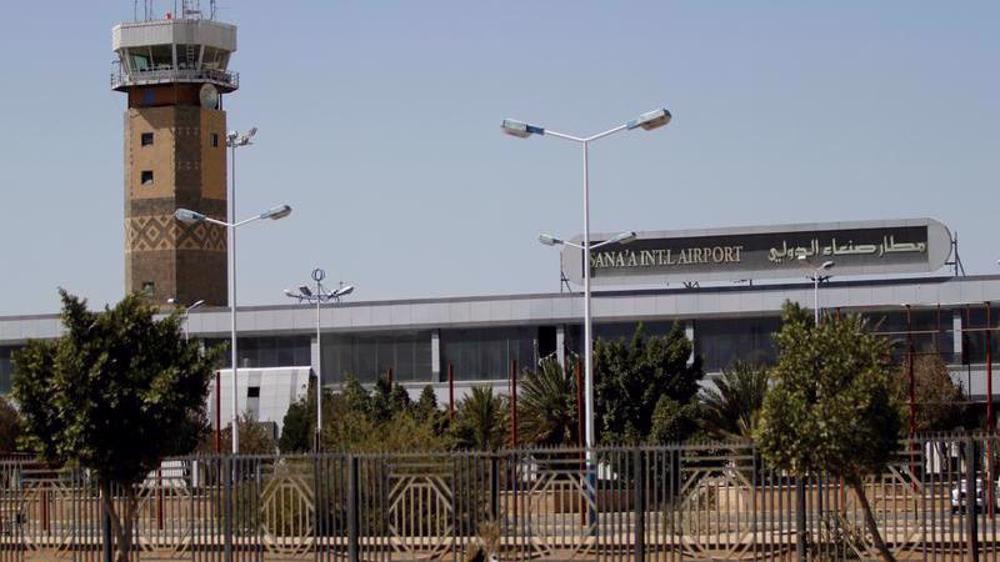
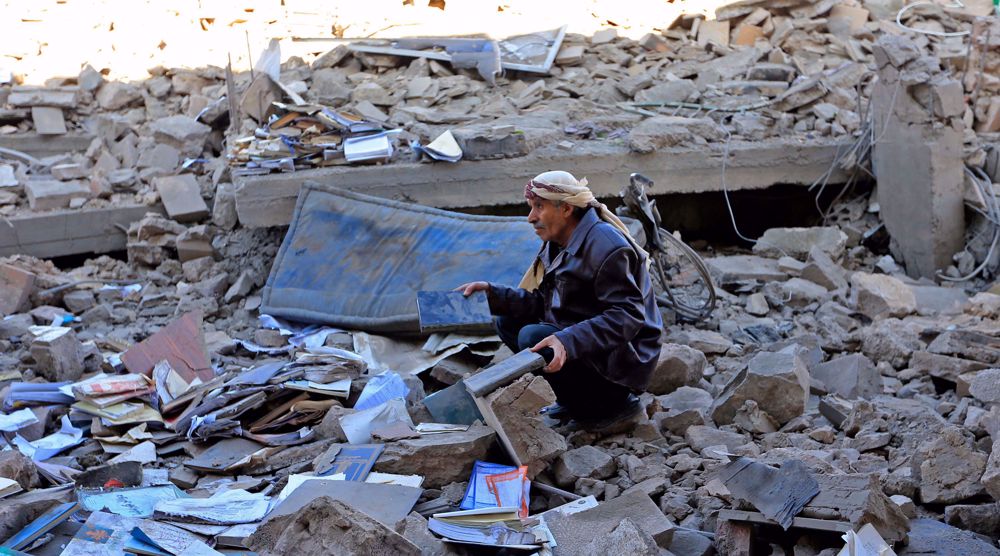
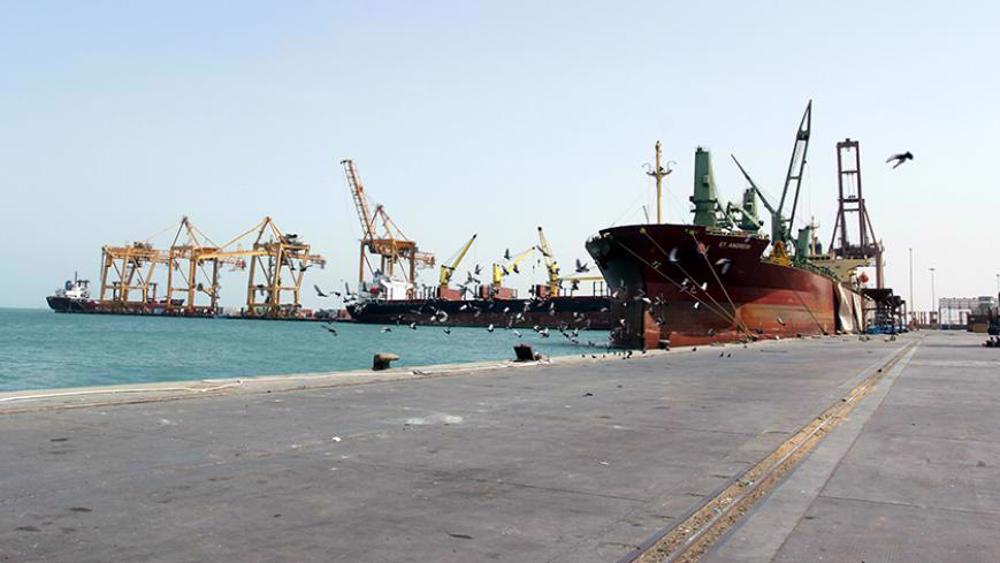
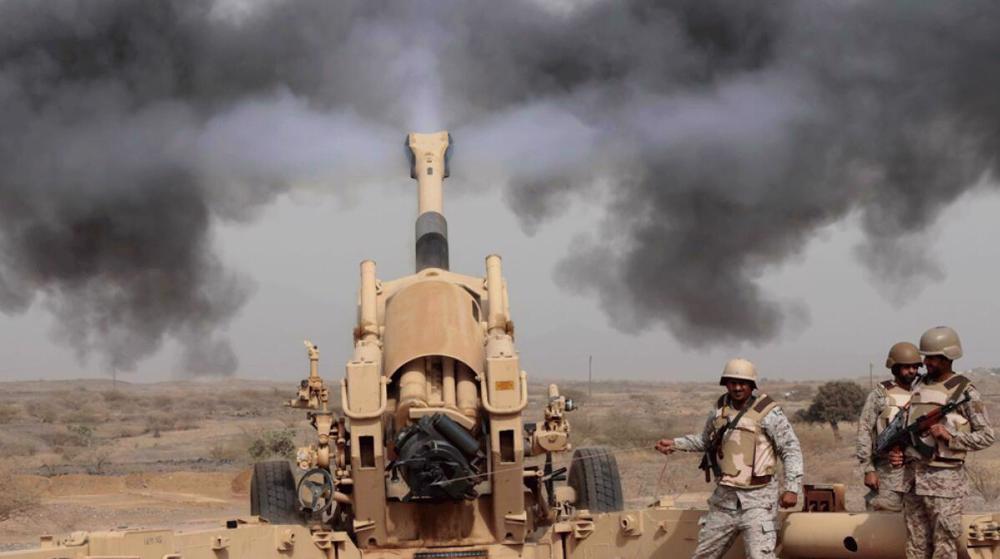
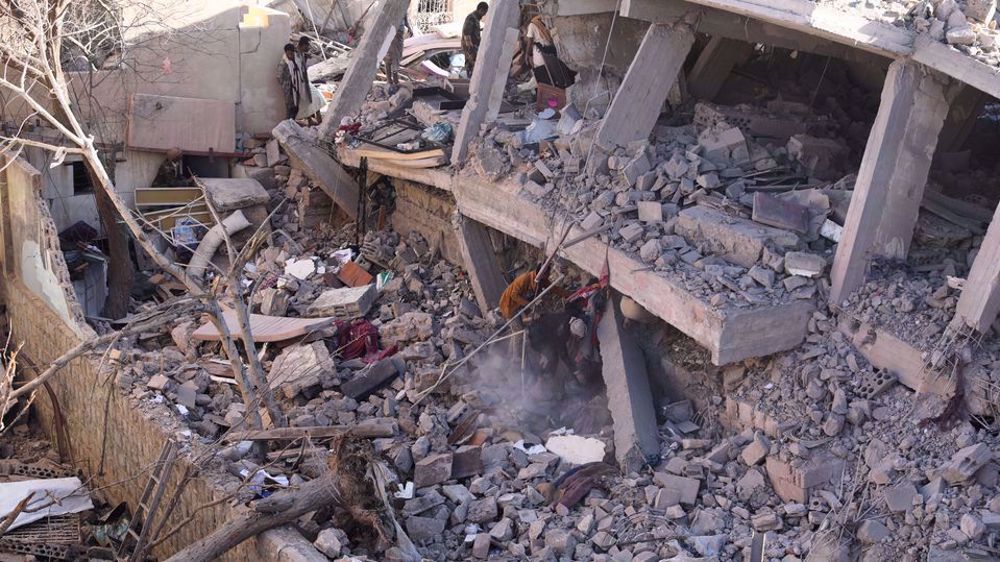
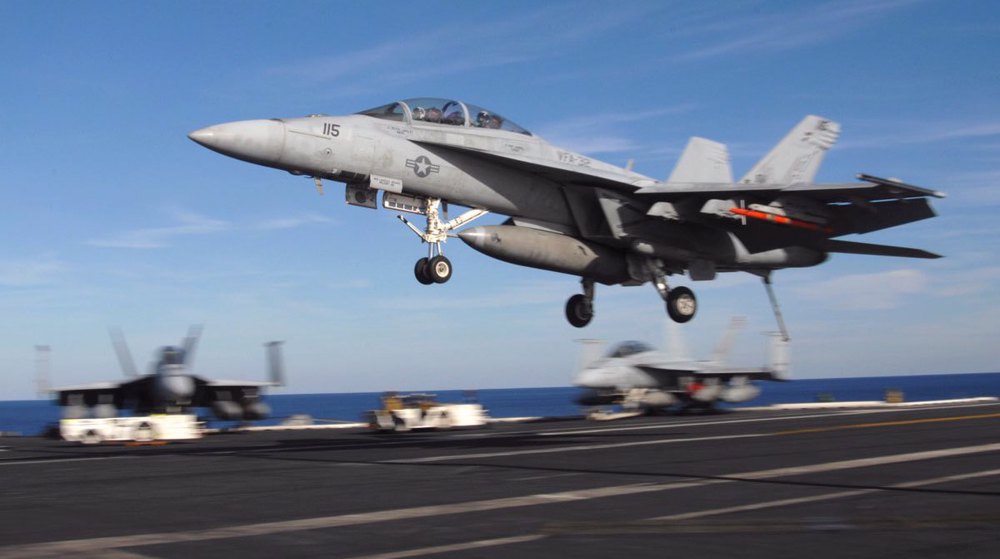
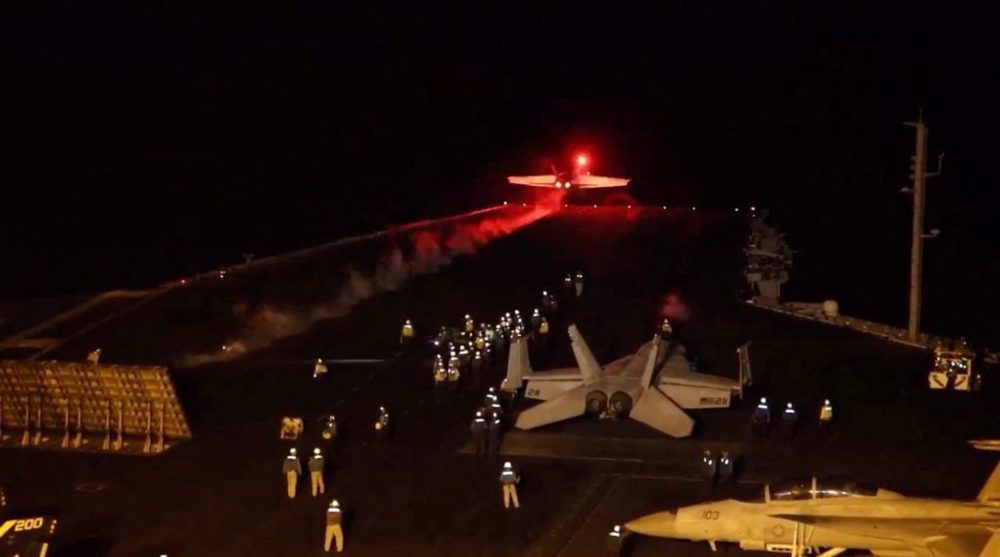
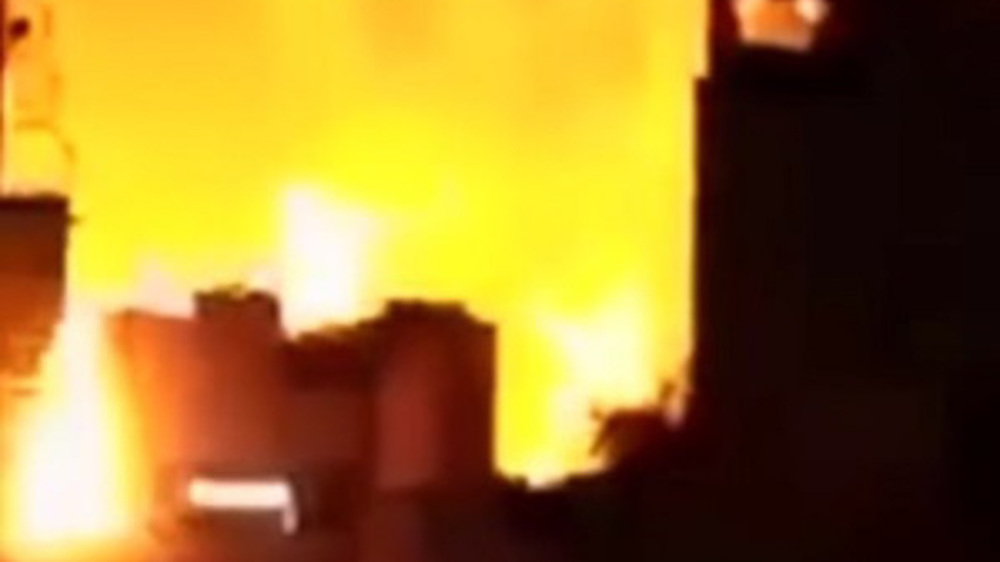




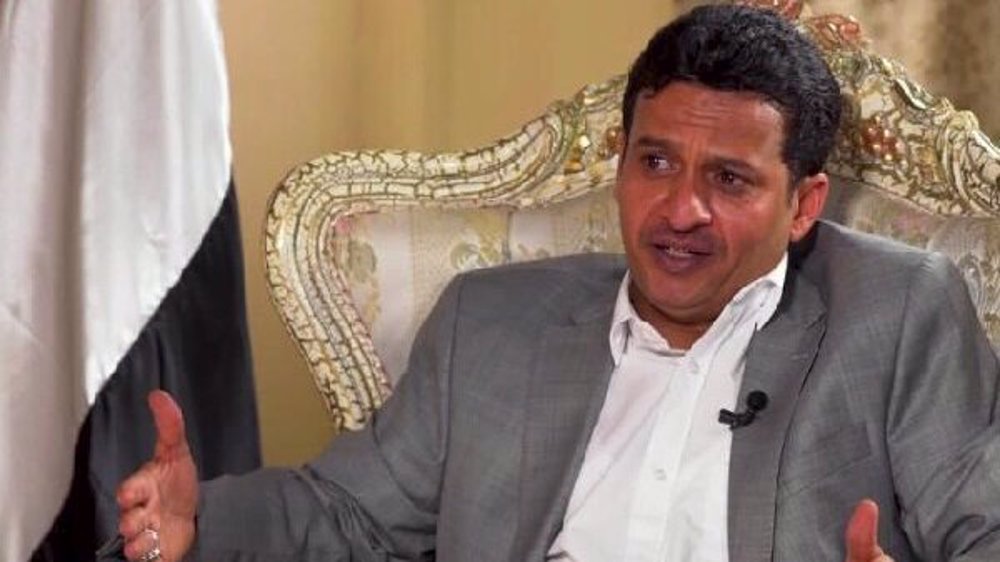

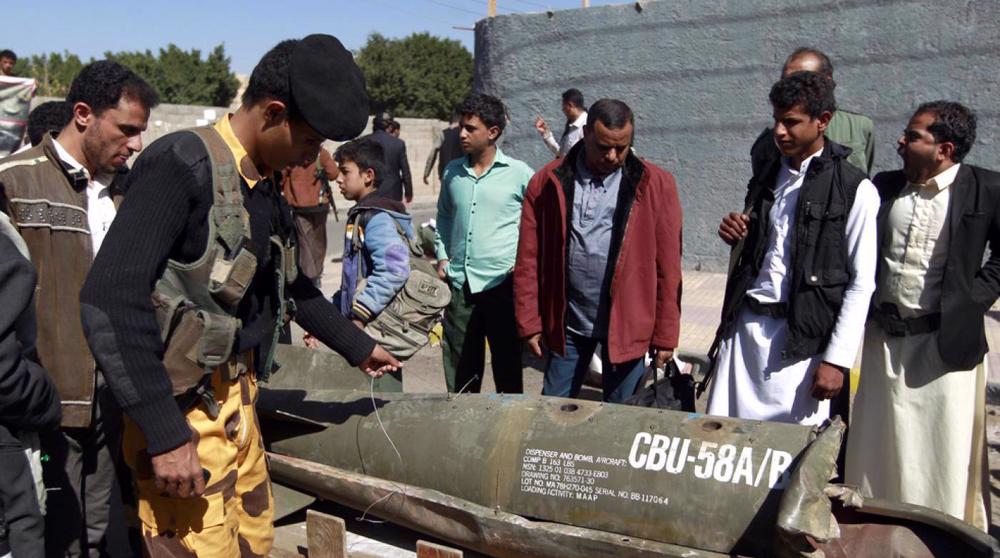
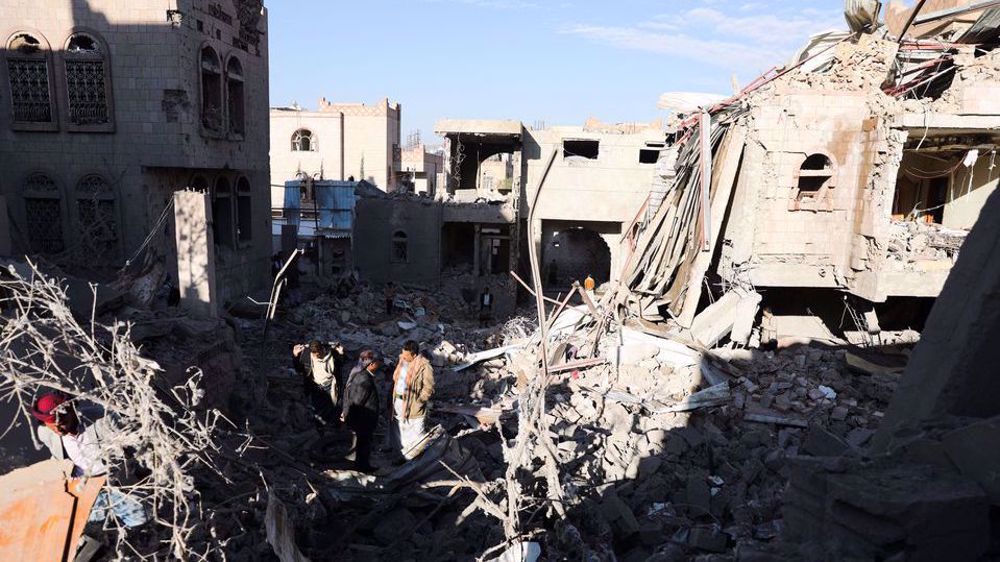
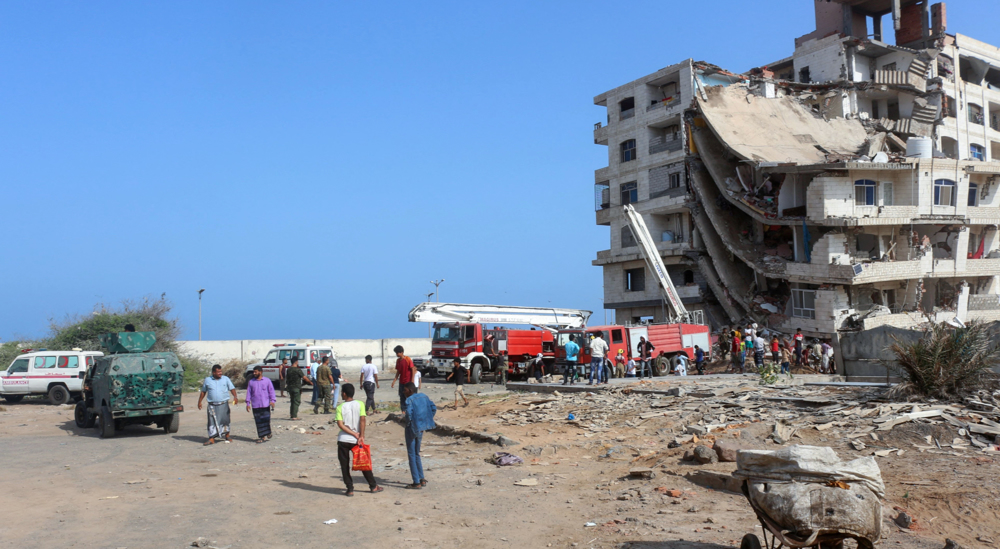
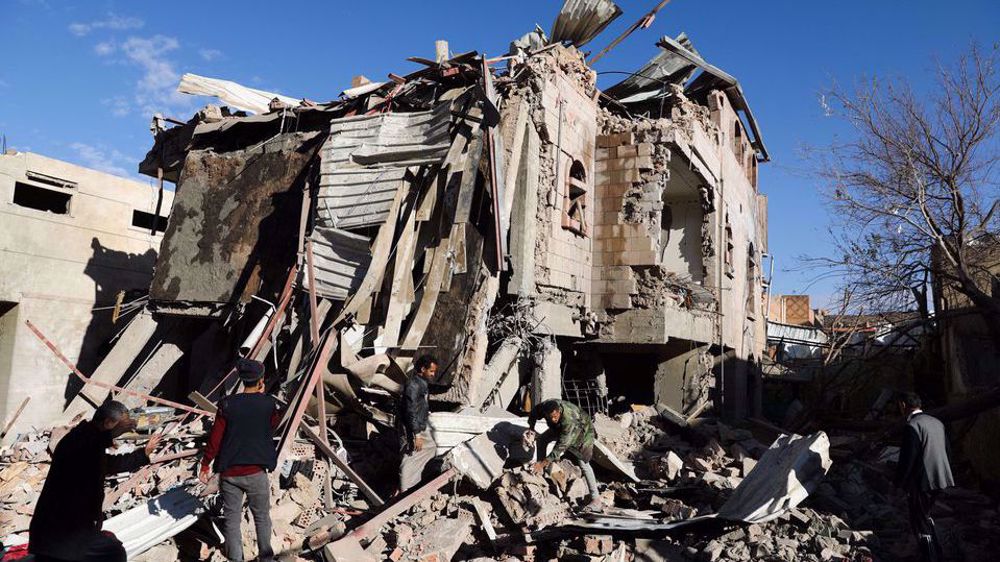
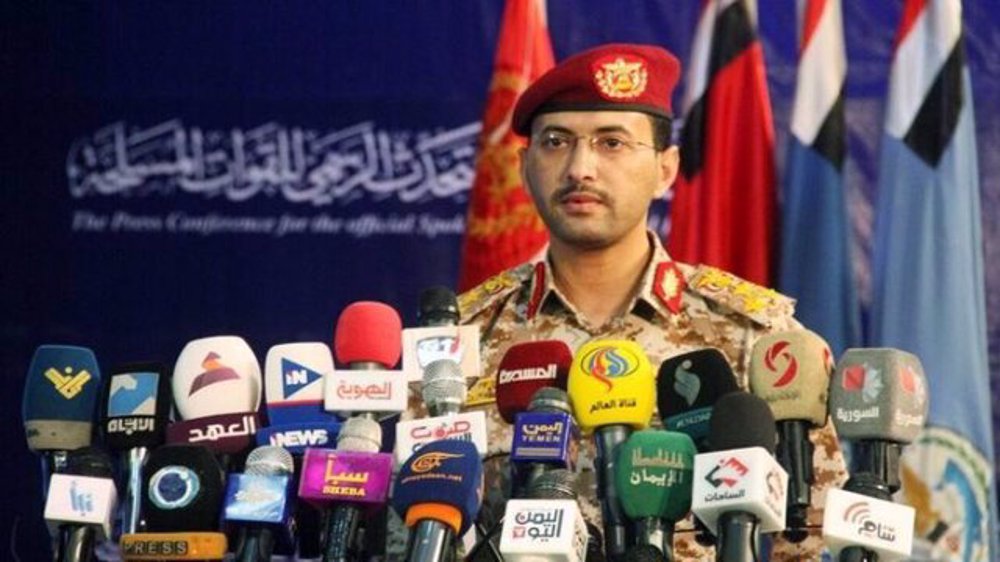

 This makes it easy to access the Press TV website
This makes it easy to access the Press TV website